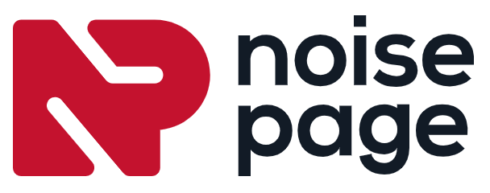
This week’s selected project is Carnegie Mellon University’s relational database management system (DBMS) NoisePage.
NoisePage is designed for autonomous deployment, and uses integrated machine learning components to control configuration, optimization, and tuning. It also supports capabilities like automated physical database design, knob configuration tuning, SQL tuning, and hardware capacity/scaling.
“Our research focuses on building the system components that support such self-driving operation with little to no human guidance. We seek to create a system that [is] not only able to optimize the current workload, but also to predict future workload trends and prepare itself accordingly,” the creators wrote on the project’s website.
The goal of this project is to enable optimizations that are important for high–performance DBMSs that are not possible today due to the complexity of managing these systems.
The project was created and maintained by students at the university, and is sponsored by companies like Google, Amazon, and the National Science Foundation.
NoisePage can be found on GitHub here.




